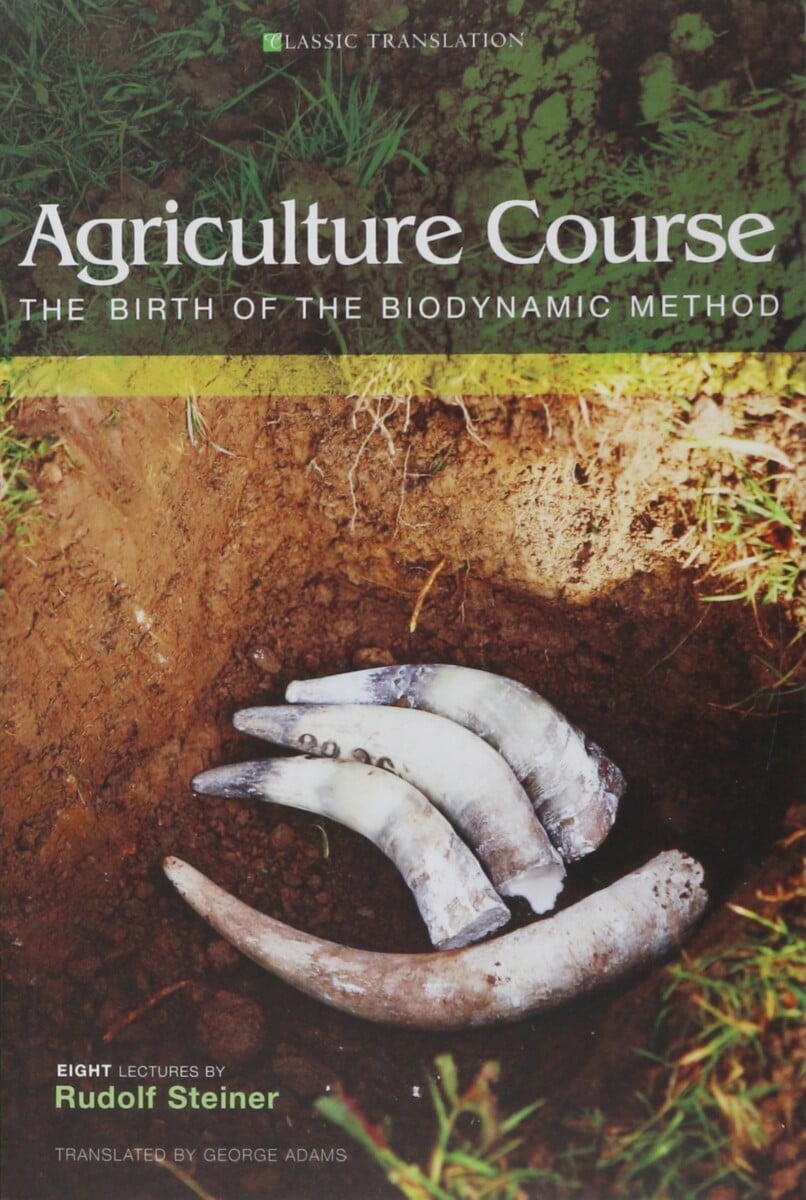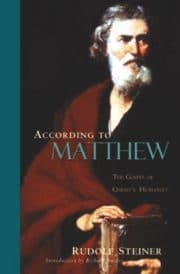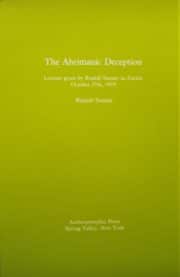Agriculture Course: The Birth of the Biodynamic Method
8 lectures, Koberwitz, June 7-20, 1924 (CW 327)
When Rudolf Steiner gave these lectures eighty years ago, industrial farming was on the rise and organic methods were being replaced in the name of science, efficiency, and technology. With the widespread alarm over food quality in recent years, and with the growth of the organic movement and its mainstream acceptance, perceptions are changing. The qualitative aspect of food is on the agenda again, and in this context Steiner’s only course of lectures on agriculture is critical to the current debate.
With these talks, Steiner created and launched “biodynamic” farming—a form of agriculture that has come to be regarded as the best organically produced food. However, the agriculture Steiner speaks of here is much more than organic—it involves working with the cosmos, with the earth, and with spiritual beings. To facilitate this, Steiner prescribes specific “preparations” for the soil, as well as other distinct methods born from his profound understanding of the material and spiritual worlds. He presents a comprehensive picture of the complex dynamic relationships at work in nature and gives basic indications of the practical measures needed to bring them into full play.
These lectures are reprinted here in the “classic” translation made by Rudolf Steiner’s English interpreter, George Adams. This edition also features a preface by Steiner’s colleague the medical doctor Ehrenfried Pfeiffer, as well as eight color plates.
This is the course that began the biodynamic movement. Rudolf Steiner’s Agriculture Course is the essential work for anyone wanting to understand and use Steiner’s methods of food production.
This book is a translation from German of Geisteswissenschaftliche Grundlagen zum Gedeihen der Landwirtschaft. Landwirtschaftlicher Kursus (GA 327).
About the Author
Rudolf Steiner (1861–1925) was born in the small village of Kraljevec, Austro-Hungarian Empire (now in Croatia), where he grew up. As a young man, he lived in Weimar and Berlin, where he became a well-published scientific, literary, and philosophical scholar, known especially for his work with Goethe’s scientific writings. At the beginning of the twentieth century, he began to develop his early philosophical principles into an approach to systematic research into psychological and spiritual phenomena. Formally beginning his spiritual teaching career under the auspices of the Theosophical Society, Steiner came to use the term Anthroposophy (and spiritual science) for his philosophy, spiritual research, and findings. The influence of Steiner’s multifaceted genius has led to innovative and holistic approaches in medicine, various therapies, philosophy, religious renewal, Waldorf education, education for special needs, threefold economics, biodynamic agriculture, Goethean science, architecture, and the arts of drama, speech, and eurythmy. In 1924, Rudolf Steiner founded the General Anthroposophical Society, which today has branches throughout the world. He died in Dornach, Switzerland.













Zac Guba (verified owner) –
Absolutely Amazing. Exactly what I was looking for. Thank you so much.